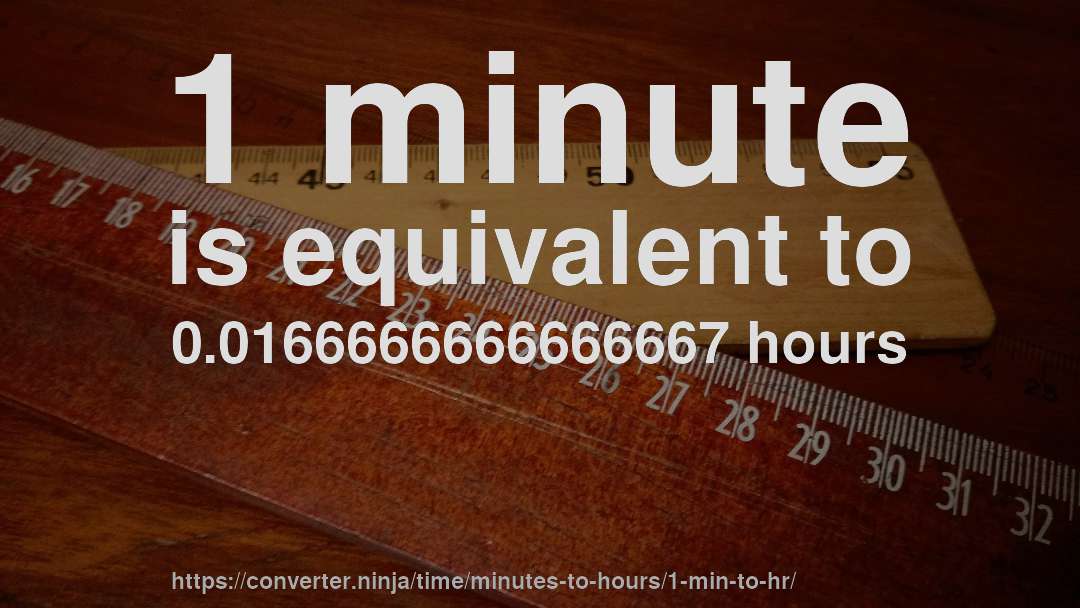"Midnight (or noon) on a 12-hour analog clock An hour is a unit of time conventionally reckoned as 1⁄24 of a day and scientifically reckoned as 3,599–3,601 seconds, depending on conditions.The seasonal, temporal, or unequal hour was established in the ancient Near East as 1⁄12 of the night or daytime. Such hours varied by season, latitude, and weather. It was subsequently divided into 60 minutes, each of 60 seconds. Its East Asian equivalent was the shi, which was 1⁄12 of the apparent solar day; a similar system was eventually developed in Europe which measured its equal or equinoctial hour as 1⁄24 of such days measured from noon to noon. The minor variations of this unit were eventually smoothed by making it 1⁄24 of the mean solar day, based on the measure of the suns transit along the celestial equator rather than along the ecliptic. This was finally abandoned due to the minor slowing caused by the Earths tidal deceleration by the Moon.In the modern metric system, hours are an accepted unit of time equal to 3,600 seconds but an hour of Coordinated Universal Time (UTC) may incorporate a positive or negative leap second,[a] making it last 3,599 or 3,601 seconds, in order to keep it within 0.9 seconds of universal time, which is based on measurements of the mean solar day at 0° longitude."
